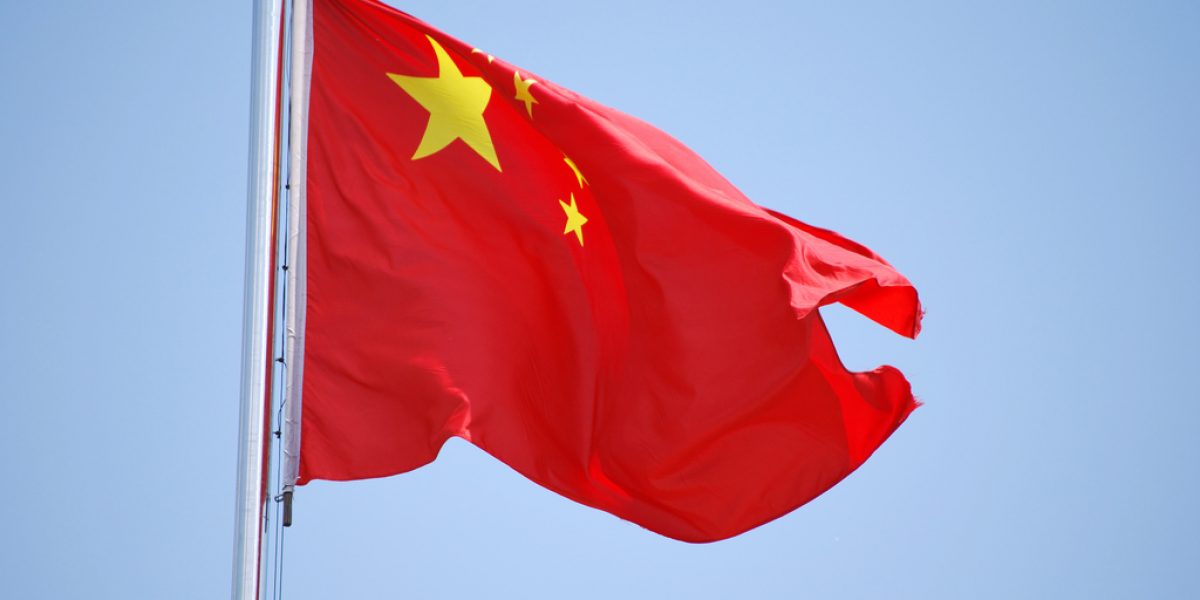But after the global economic crisis that has hobbled the West, it is pertinent to ask what leadership China intends to provide to consolidate and extend the liberal international economic order.
One reading of recent events is that the Chinese leadership is bent on redefining that order along illiberal and selfish lines. Three issues stand out: the Google case; the Stern Hu saga; and China’s fixed currency regime.
Cyber attacks on Google’s corporate and individual accounts were traced to China, prompting the company to relocate its operation to Hong Kong. Corporate manoeuvring is in play here: Google’s troubles in the Chinese market, and the Chinese state’s desire to protect its “national champions” from foreign competition.
But the cyber attacks exposed two deeper concerns: the involvement of Chinese intelligence and/or military structures in cyber warfare; and Beijing’s ongoing control of the Internet and political dissent. Governments, not least the US, have been spying on citizens at home and abroad since the dawn of time. But in the West political dissent is tolerated and mediated through liberal political institutions, not least the rule of law.
The rule of law seems to be lacking in the Stern Hu case. Last year Australian mining giant Rio Tinto rejected a major equity investment by Chinalco, the Chinese aluminium producer. Rio, BHP Billiton and Brazil’s Vale — controlling about 70% of global iron ore reserves — subsequently exacted high prices in annual negotiations with Chinese purchasers. Subsequently Stern Hu, head of Rio’s Chinese operation and an Australian citizen, was arrested on dubious charges — initially espionage, later reduced to theft of corporate secrets and bribery.
Some Australians see this as a reprisal for iron ore price gouging and rejection of Chinese overtures to acquire a strategic stake in the Australian iron ore industry. That is bad if true. Worse was the manner in which the trial was conducted: behind closed doors; no Australian consular presence allowed; those who allegedly bribed Hu were not tried; and the speedy resolution suggested a pre cooked verdict hastily imposed.
The Hu case reminds us that China is not a democracy and suggests Beijing is willing to play hardball for commercial gain — a view reinforced by the Google case. It also raises concerns to exporters of strategic commodities to China in general, particularly Africans.
Furthermore, the Chinese government strongly rejects any international pressure to float the yuan. To be sure, the economic implications of doing so are profound and immensely complex — for China and the world. Yet China’s undervalued currency is partly responsible for the global economic imbalances that underpinned the financial crisis.
Developing countries — not least SA — compete with Chinese exports in Western markets; consequently this matter is of direct interest to us. Some developing countries — Brazil and Indonesia come to mind — have raised this issue with China, but to no avail.
This issue has the potential to undermine the foundations of the liberal international economic order. But the Chinese government publicly insists it bears no responsibility and refuses to take action to float the yuan. This public approach seems to be worryingly dismissive of global concerns and overly focused on maximising national advantage.
Of course there is much more to China’s emerging global role than what I have sketched out here. Much of this is positive. But there is enough in recent developments to give this South African pause, and to inquire what we can expect from the emerging superpower in future.








